Everything considered, work is less boring than amusing oneself
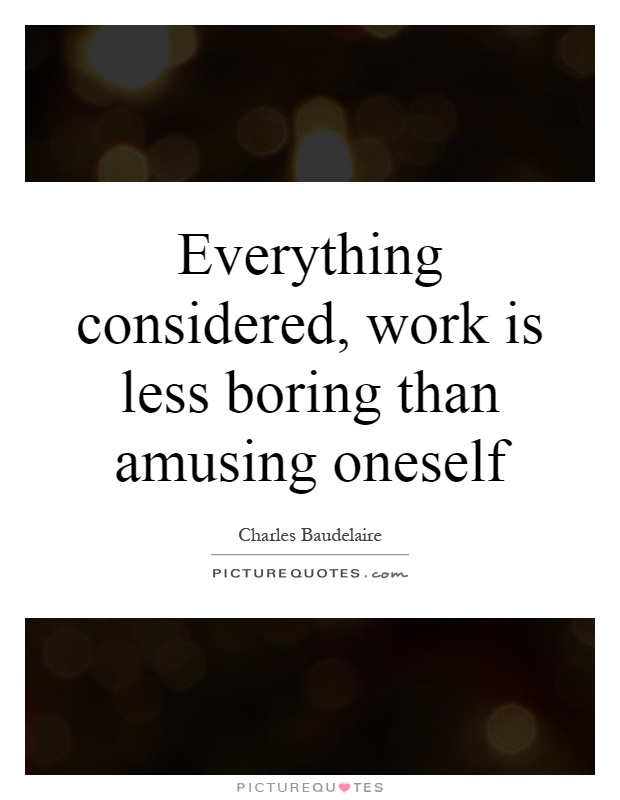
Everything considered, work is less boring than amusing oneself
Charles Baudelaire, a French poet and critic known for his exploration of the complexities of modern urban life, would likely have a unique perspective on the statement, “Everything considered, work is less boring than amusing oneself.” Baudelaire’s work often delved into the darker aspects of human existence, including the monotony and ennui that can accompany both work and leisure.In Baudelaire’s time, the Industrial Revolution was in full swing, and many people found themselves trapped in repetitive, soul-crushing jobs in factories and other urban settings. Baudelaire himself struggled with finding meaning and purpose in his own work, often feeling disillusioned and disconnected from the world around him. In this context, the idea that work is less boring than amusing oneself may seem counterintuitive, as many people of Baudelaire’s time would have likely found work to be a source of drudgery and despair.
However, Baudelaire also understood the dangers of excessive leisure and amusement. In his famous essay “The Painter of Modern Life,” Baudelaire explores the idea of the flâneur, a figure who wanders the streets of the city, observing and absorbing the sights and sounds of urban life. While the flâneur may seem to be engaged in a form of leisurely amusement, Baudelaire suggests that this activity is actually a form of work, a way of engaging with the world and finding inspiration in the chaos and beauty of modern life.

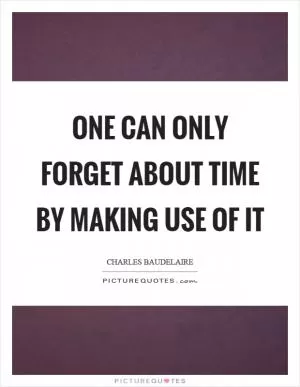

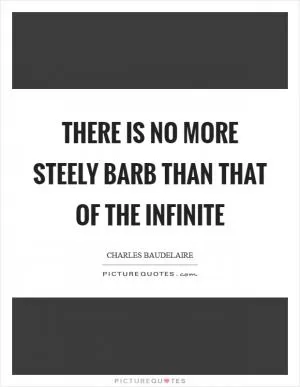

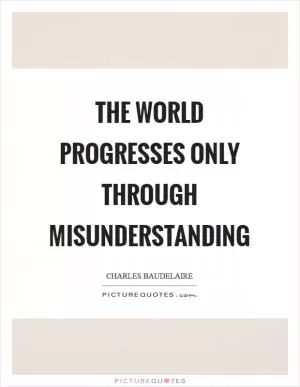

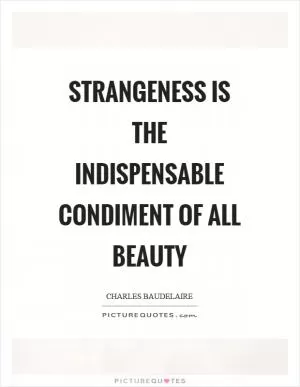


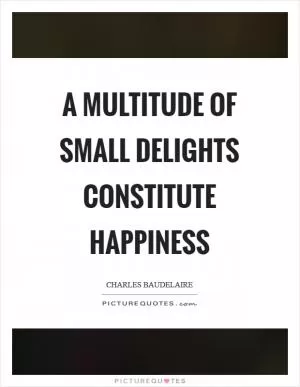

 Friendship Quotes
Friendship Quotes Love Quotes
Love Quotes Life Quotes
Life Quotes Funny Quotes
Funny Quotes Motivational Quotes
Motivational Quotes Inspirational Quotes
Inspirational Quotes